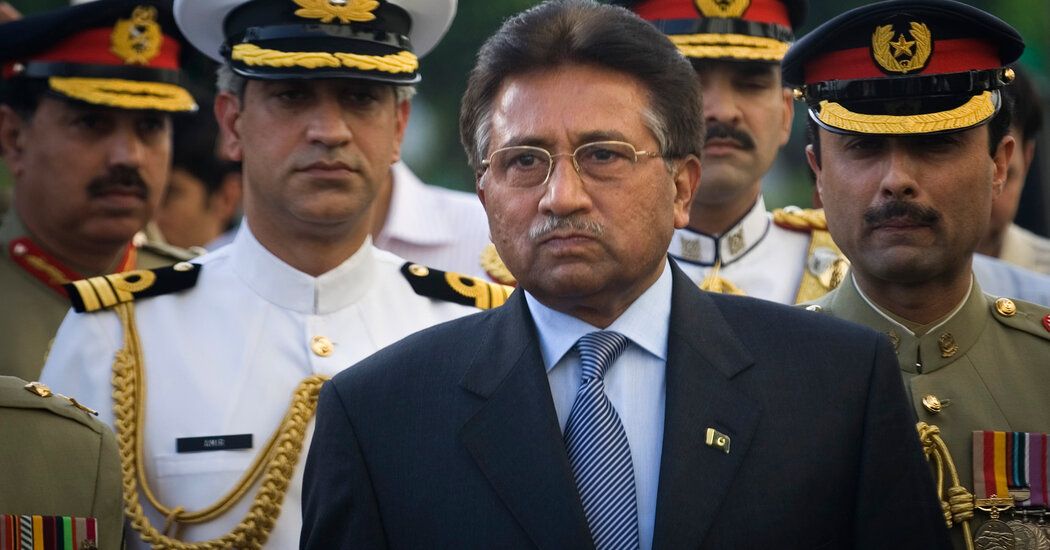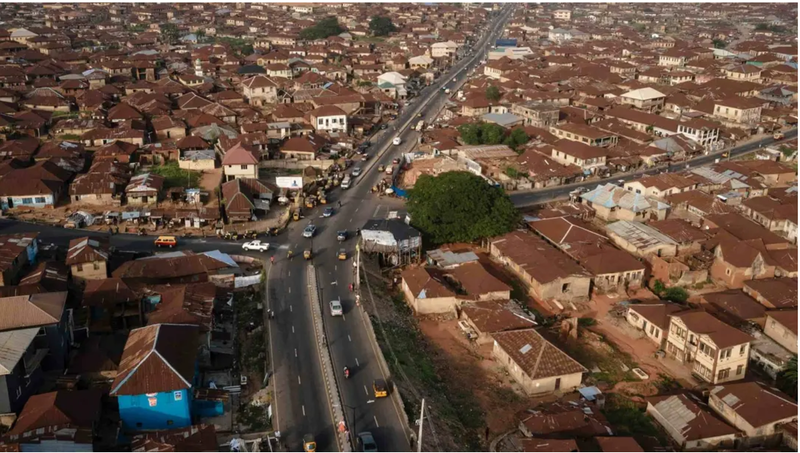Former Pakistan President Musharraf Dies at 79
Pervez Musharraf, the former president of Pakistan, died on Sunday in Dubai, according to the Pakistan military. Although no cause of death was announced, Musharraf had been undergoing treatment for amyloidosis, a rare disease.

Facts
- Pervez Musharraf, the former president of Pakistan, died on Sunday in Dubai, according to the Pakistan military. Although no cause of death was announced, Musharraf had been undergoing treatment for amyloidosis, a rare disease.
- Musharraf was a former special forces commando who ascended to the presidency in 1999 after the last of a string of military coups. He stepped down in 2008 in the face of a potential impeachment.
- In 2019 he was convicted of treason for actions he took as president, including suspending the constitution in 2007. His initial death sentence was later overturned by the court — he lived from 2016 until his death in exile in the UK and the Middle East.
- Musharraf earned notoriety for agreeing to join the US “war on terror” in the aftermath of the 9/11 attacks and at the urging of then-US Secretary of State Colin Powell and, according to Musharraf’s autobiography, a violent threat against Pakistan from another US official.
- It was widely believed that while Musharraf made sure Pakistan was a solid US ally — sharing intelligence and assisting in capturing al-Qaeda leaders — he also provided the Taliban sanctuary in his country.
- Musharraf faced other scandals, including suspicions he, or at least his intelligence apparatus, may have been involved in the 2007 assassination of former Prime Minister Benazir Bhutto. In 2008, he resigned as president after he fired judges and imposed an emergency rule, which led to treason charges.
Sources: USA Today, PBS NewsHour, Guardian, and NPR Online News.
Narratives
- Narrative A, as provided by The Economist. Musharraf may have had his faults, but he stabilized Pakistan’s economy, raised its growth rate, liberalized the media, and passed legislation to protect women. His decision to align with the US brought in billions in aid from abroad, and no leader of Pakistan has ever come as close as he did to making peace with India. Subsequent instability should make Pakistan’s people yearn for his days in office.
- Narrative B, as provided by The Wire. Musharraf was an autocrat who oversaw a reign of death, destruction, and usurpation of Pakistan’s constitution. He played both sides when it came to the US and the Taliban. These serious actions should be remembered in the context of his legacy, not the liberal reforms he barely established.






